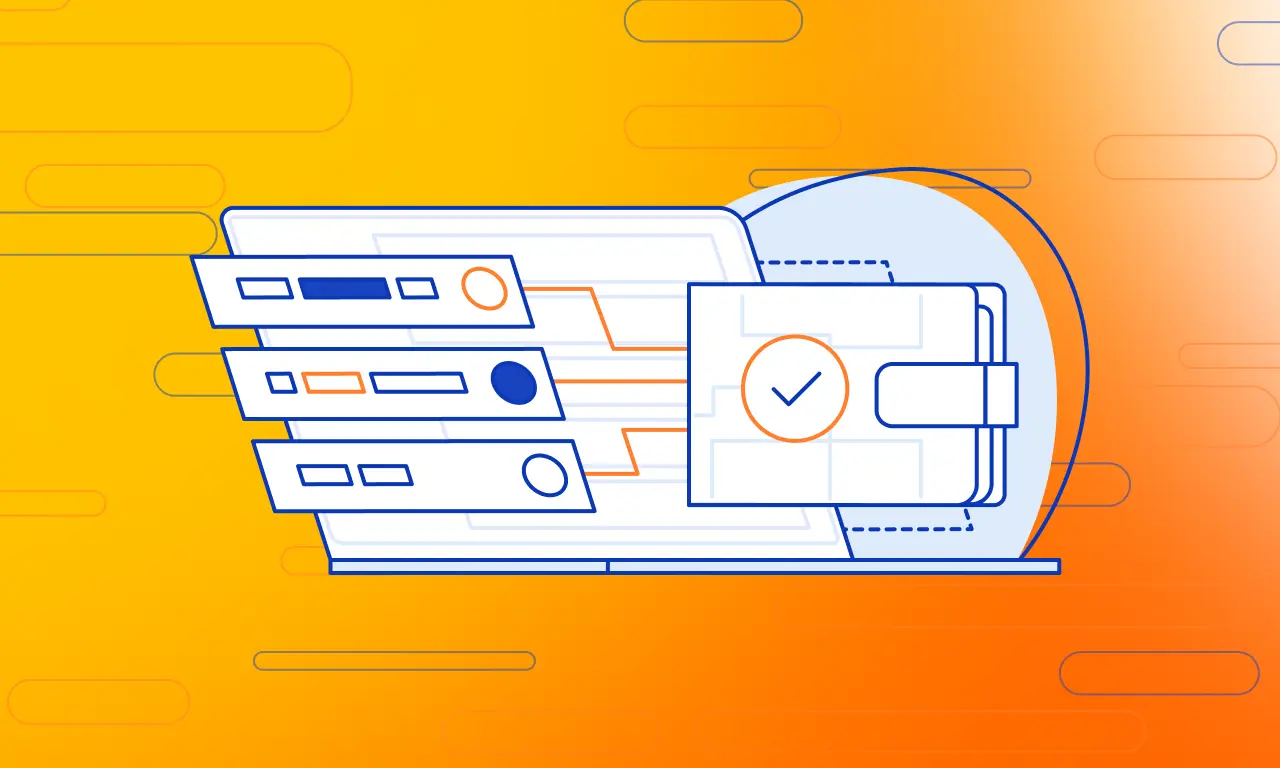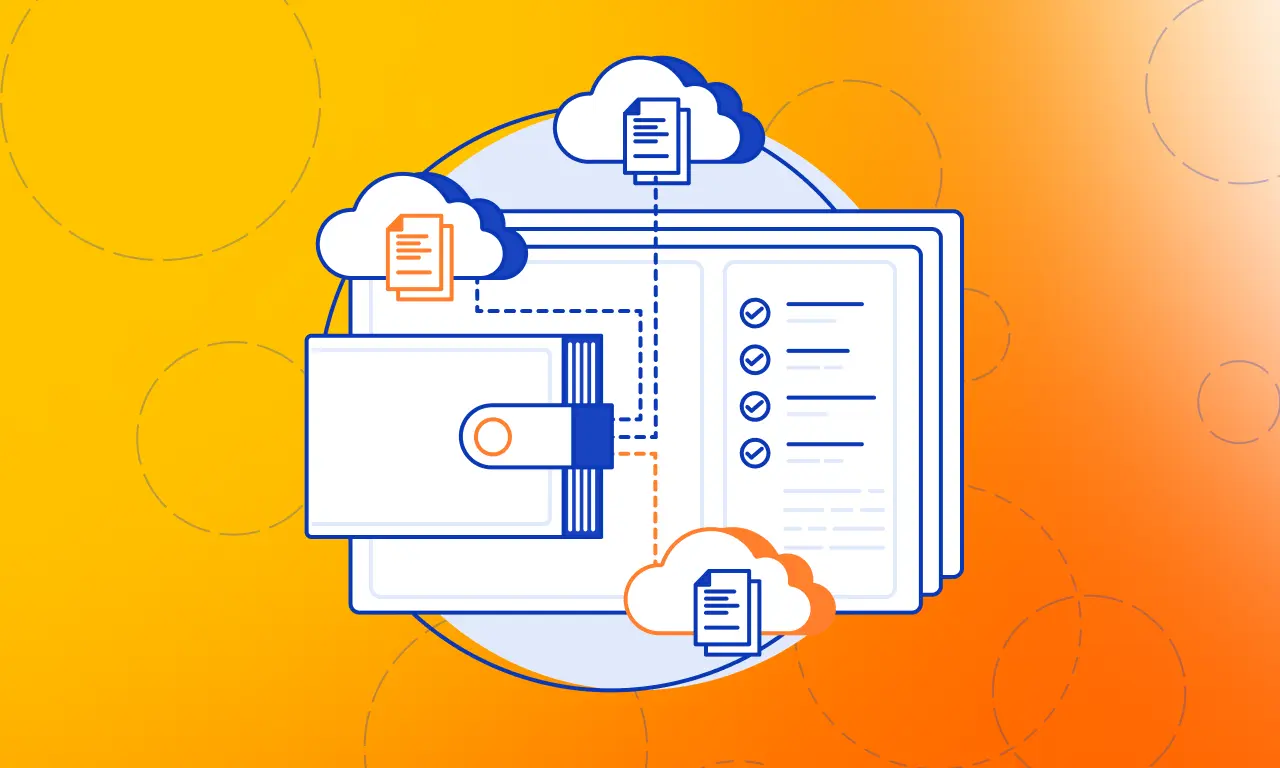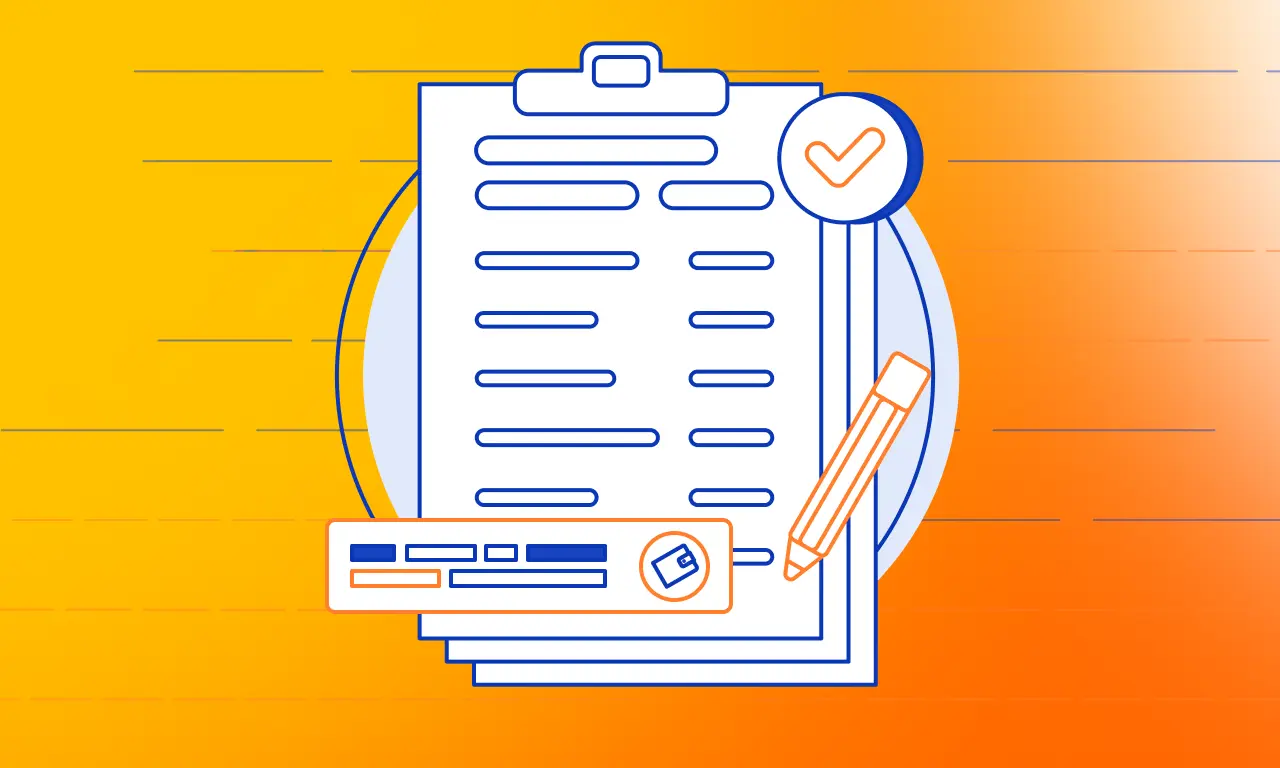Crypto Wallet Addresses: What They Are and How to Create One
06/10/2023

A cryptocurrency wallet plays a key role in managing a user's cryptocurrency assets. This tool can be likened to a bank account but for digital currencies. It provides the owner with the ability to store, send, and receive cryptocurrency, as well as perform other vital functions related to the management of digital assets.

Different types of wallet addresses
the world of cryptocurrencies, there are numerous types of addresses, each designed for specific scenarios and possessing unique characteristics. Let's delve into some of the most common types of addresses:
SegWit Address (P2SH-P2WPKH) and Bech32 (BC1)
SegWit Address (P2SH-P2WPKH): Segregated Witness (SegWit) is a technological upgrade implemented in the Bitcoin network to enhance scalability and reduce fees. SegWit addresses start with "3" and employ the P2SH-P2WPKH (Pay-to-Script-Hash-Pay-to-Witness-Public-Key-Hash) mechanism. They are more efficient and offer lower fees.
Bech32 Address (BC1): Bech32 addresses are a part of SegWit and begin with "bc1." They are more compact and convenient for transmission compared to P2SH addresses, and they also provide lower fees.
Legacy Address (P2PKH)
Legacy Address (P2PKH): This is the classic Bitcoin address, commencing with "1" and utilizing the Pay-to-Public-Key-Hash format. Legacy addresses are still supported and used, but they incur higher fees and are less scalable.
Compatibility Address (P2SH)
Compatibility Address (P2SH): This address uses the Pay-to-Script-Hash mechanism and starts with "3." It allows compatibility with both SegWit and non-SegWit addresses, making it convenient for transitioning between different wallet types and networks.
Taproot (BC1P)
Taproot (BC1P): Taproot is an upcoming Bitcoin upgrade that promises enhanced privacy and transaction obfuscation. Taproot addresses start with "bc1p" and are used to implement Schnorr technology and multisignature capabilities, making them more efficient and private.
Each of these address types has its unique features and use cases. The choice of address depends on your experience, needs, and desired characteristics such as fees and privacy. It's essential to use addresses appropriately and stay informed about technological advancements to improve your cryptocurrency experience.

The role of addresses in cryptocurrency wallets
A wallet address is a unique combination of characters used to identify a specific cryptocurrency wallet in the world of cryptocurrencies. This address is akin to a postal mailbox or a bank account number. It is created based on a public key and is transformed into a human-readable format for convenience.
Uniqueness of Addresses
Every wallet address in the realm of cryptocurrencies is absolutely unique. This means that there are no two identical addresses within the same cryptocurrency network. This uniqueness is ensured through cryptographic methods and is a fundamental aspect of security and reliability in cryptocurrency systems.
How Addresses Are Used for Sending and Receiving Cryptocurrency
Wallet addresses play a pivotal role in the processes of sending and receiving cryptocurrency:
Sending Cryptocurrency: When sending cryptocurrency, the sender specifies the recipient's address. This address acts as a digital destination where the cryptocurrency amount will be directed. Subsequently, the transaction is verified and recorded on the blockchain.
Receiving Cryptocurrency: When someone wishes to send you cryptocurrency, they request your wallet address. You provide them with your unique address, after which the sender can initiate the transfer of cryptocurrency to your wallet.
Protecting Addresses from Unauthorized Access
Ensuring the security of your wallet address is crucial for safeguarding your cryptocurrency assets. Here are some key measures to protect addresses:
Do Not Disclose the Private Key: The private key corresponding to the address is your digital password for accessing your funds. Never share or disclose it to others.
Use Secure Wallets: Choose reliable software or hardware wallets for storing your addresses and private keys. Avoid using insecure online wallets.
Regularly Back Up: Create regular backups of your addresses and private keys, and store them in secure locations. This will enable you to regain access to your funds in case of loss or wallet damage.
Enable Two-Factor Authentication (2FA): If your wallet supports two-factor authentication, be sure to activate it. This adds an extra layer of protection against unauthorized access.
Understanding the role and security of wallet addresses is fundamental for successfully and securely managing cryptocurrencies.

Backups and their importance
Backup Copies: Your Security Guarantee
One of the most crucial aspects of managing cryptocurrencies is creating backup copies of your cryptocurrency addresses and private keys. Backup copies are an integral part of your security and play a key role in ensuring access to your funds. Let's delve into why backup copies are so important and how to use them correctly.
Why Are Backup Copies Necessary?
1. Loss of Access: Your primary cryptocurrency wallet or device can be lost, damaged, or become inaccessible for various reasons. Backup copies allow you to regain access to your funds in case of such a loss.
2. Protection Against Theft: Theft of your device or unauthorized access to your wallet poses serious threats. Backup copies provide an additional layer of protection against fund loss in such events.
How to Create Backup Copies?
Physical Media: One of the most reliable methods to create backup copies is to record your private keys and addresses on physical media, such as a paper wallet or a specialized storage device.
Electronic Media: You can create electronic copies of your keys and addresses and store them on secure electronic media, such as encrypted USB drives. It's essential to ensure that electronic media are protected with passwords and encryption.
Offline Storage: Regardless of the media you choose, always store backup copies offline to prevent them from being vulnerable to online threats.
The Significance of Backup Copies
Backup copies are your security and peace-of-mind assurance. In case something happens to your primary wallet or private keys, backup copies will be your savior. Regularly creating and updating them is the responsibility of every cryptocurrency holder, as it helps avoid fund loss and ensures the long-term security of your digital assets. Don't forget about the rules for storing and protecting your backup copies.

Transaction Monitoring
After creating and securing your cryptocurrency address, it is essential to have the ability to track and monitor transactions associated with that address. For this purpose, you can use a tool called a blockchain explorer.
What is a blockchain explorer? A blockchain explorer is an online tool that allows you to explore and analyze the contents of the blockchain, including information about transactions, addresses, and blocks. It provides access to open and publicly available information stored in the blockchain and enables you to track the movement of cryptocurrencies.
How to use a blockchain explorer? Enter the cryptocurrency address you want to track, whether it's your own or someone else's. After entering the address, you will gain access to information about transactions sent and received by that address. You can see the date, time, amount, and status of each transaction. The explorer also allows you to view information about blocks in the blockchain, which can be useful for deeper analysis.
Why is this important? Monitoring transactions using a blockchain explorer allows you to track your cryptocurrency operations in real-time. It helps confirm the receipt of payments, check the status of transaction history, and control the balance of your address. Blockchain explorers make the process of managing cryptocurrency more transparent and informative.
Conclusion
Cryptocurrency wallets are an integral part of working with cryptocurrencies. They allow you to store, send, and receive digital assets. The choice of wallet type depends on your needs, security level, and preferences.
Wallet addresses come in various types, each designed for specific scenarios. They range from SegWit and Bech32 addresses with lower fees to outdated P2PKH addresses and compatibility P2SH addresses.
Creating backup copies and securely storing them is an essential aspect of ensuring the security of your cryptocurrency funds. They can save you from losing access to your funds in case of loss or wallet damage.
Monitoring transactions using blockchain explorers makes cryptocurrency management more transparent and informative. You can track fund movements in real-time and monitor the status of transactions.
In summary, understanding the role of cryptocurrency wallets and addresses, as well as adhering to security and monitoring measures, are key aspects of successfully managing cryptocurrencies. By following these recommendations, you can use digital assets with greater confidence and safety in the modern financial landscape.
Do you like this article? Share it with your friends.




